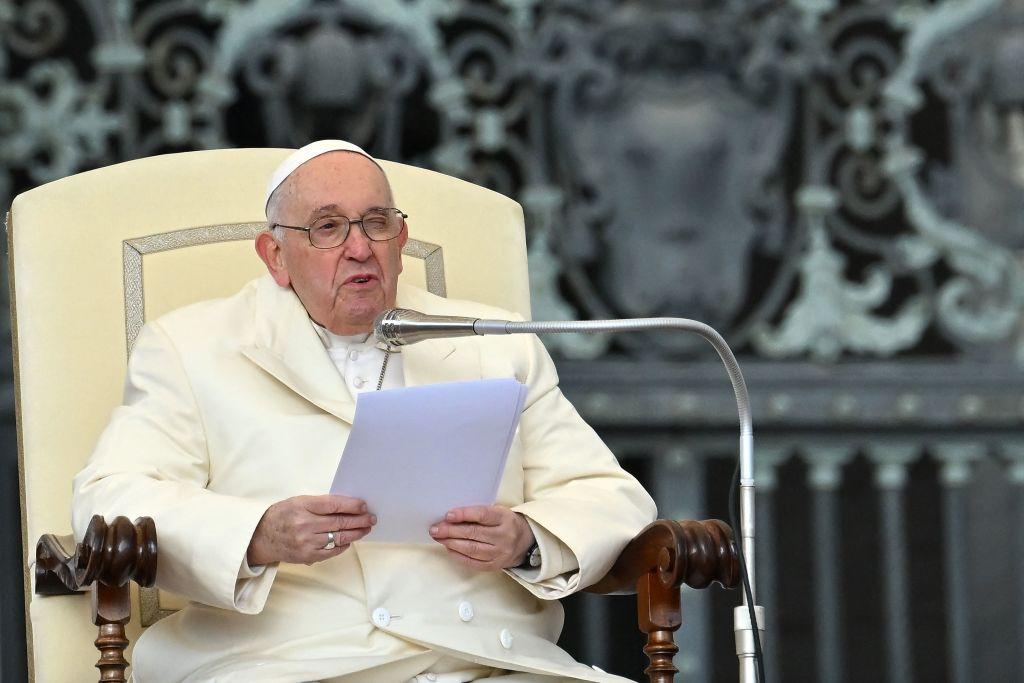Catholics across the world are divided over Pope Francis’s recent declaration that priests can bless homosexual couples, with supporters of it saying it is an overdue step in the right direction while those opposed see it as a mortal sign and a sign that gender ideology is replacing the sacred tenets of the church.
In a statement on Wednesday, Chris Vella, co-chair of the Global Network of Rainbow Catholics, called the declaration known as the Dicastery for the Doctrine of the Faith (DDF)—“a milestone in the long journey towards equality.”




